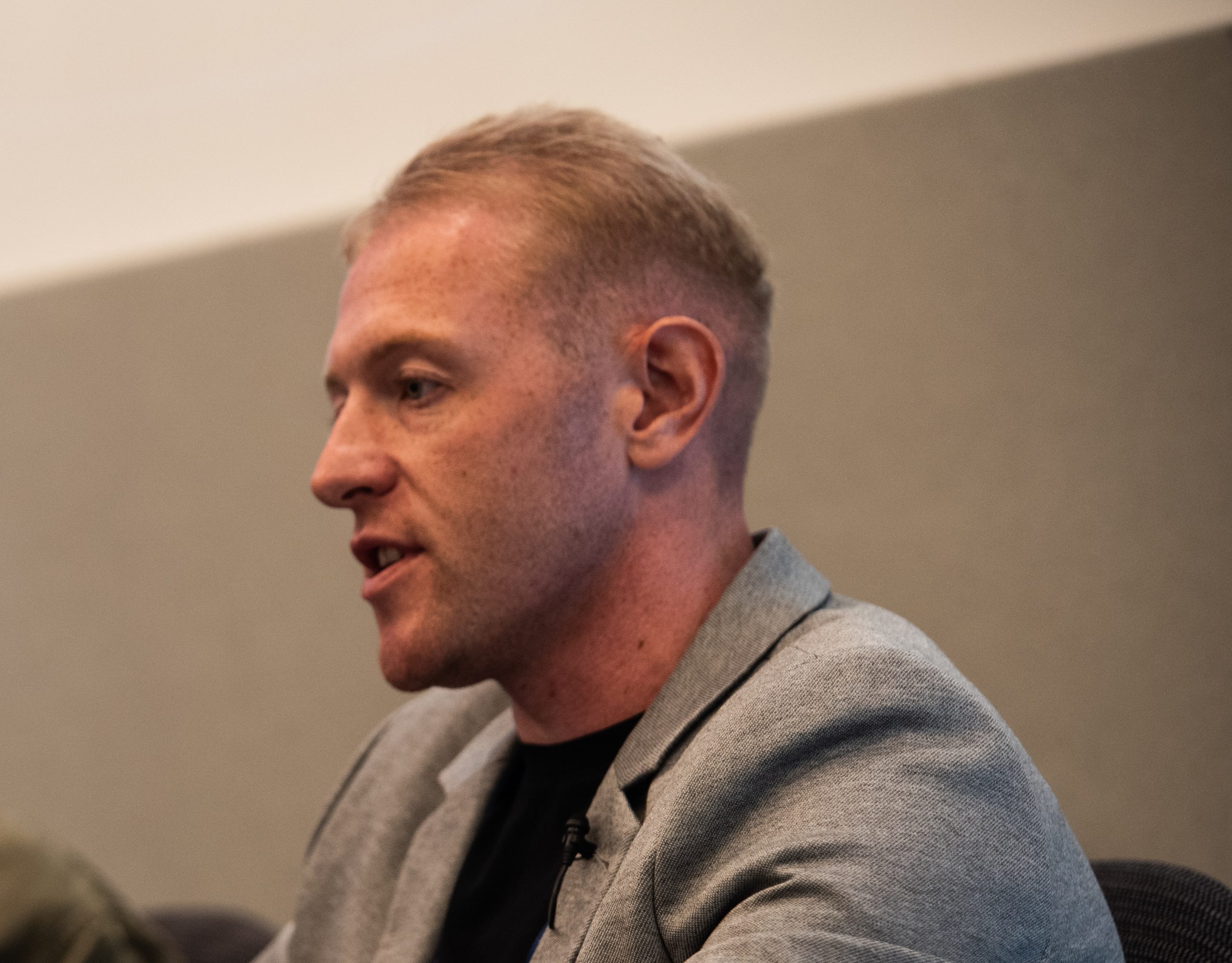How to Build a Successful Business App
- Thursday, December 19th, 2013
- Share this article:
 Mobile technology is revolutionising the way businesses interact with end users, whether it’s a customer, employee, business partner, service or smart device like an IP-enabled refrigerator, thermostat, or car, writes Nick Gallon, head of mobile at Re:Systems.
Mobile technology is revolutionising the way businesses interact with end users, whether it’s a customer, employee, business partner, service or smart device like an IP-enabled refrigerator, thermostat, or car, writes Nick Gallon, head of mobile at Re:Systems.
The Good Technology Q2/Q3 2013 report highlighted the fact that custom-made mobile apps – those developed internally by an enterprise to automate workflows and business processes, are growing at a tremendous rate of 52 per cent quarter-on-quarter.
For the workplace, mobile presents limitless opportunities, enabling organisations to collect vital data from key audiences, draw greater insights, and interact in a way that enables better, more personalised services than ever before. Increasingly, society is expecting more of a blend between consumer and enterprise app interfaces. No longer are users accepting a more inferior experience, simply because it’s a business application.
Here are my top 10 things to think about in order to create successful enterprise apps…
1. The user
First of all, it’s important to know your user and involve them from the initial definition, development and delivery phases of launching a new service or app.
2. The problem
By understanding the problem and knowing what is and isn’t important to the user, it’s possible to create a tool that you know will be relevant.
3. Simplicity
Keep the solution simple. By creating an elegant design, the user will be able to easily navigate the new features within the application without getting lost. Aim to tailor content and hide more advanced features for those who will instinctively know where to find them.
4. Experiment now, adjust later
The need to launch and get the product exactly right first time is a myth. A company application release can be rolled out in small increments, where functionality and user input can be accessed and fed back into the development process.
5. Focus on what is important
With limited time, resources, ability and focus, it’s important to concentrate on building a good application and adding to it later, as required. Decide what is important and not what’s nice to have.
6. Identify what won’t change
To get the best value from a new application, focus on the elements which won’t change. Make sure the attention is on substance, not a passing fad. At Re:Systems, we focus on simplicity, speed, ease of use and knowing when to innovate. These elements will still be important 10 years from now.
7. Get physical
Touch screen devices which support gesture-based interfaces are rapidly changing people’s interactions with technology. This allows more screen real estate to be given to content and helps allow access for less able users. A by-product of this could also lead to increased productivity and happier experiences.
8. Adapt, don’t build from scratch
With the adoption of web services into the mainstream, there is less demand for everything to be built individually. High levels of support and development can now be provided by big cloud providers. There is no longer a requirement for racks full of servers segmented into different development, test, staging and live environments. The process can be managed virtually and delivered to wherever your applications require data.
9. Consider real-time
Now, with the existence of genuinely powerful mobile devices that can update in real-time, there is the opportunity to finally replace the old-fashioned notepad. However, the server-side must be reciprocal in receiving real-time data to truly speed up the system.
10. Choose your target platform carefully
Consider all aspects; cost, availability, practicality, and the ability to integrate with existing business systems, before selecting the best platform.
The emphasis on mobile in business is no longer solely about the devices and BYOD (Bring Your Own Device) strategies. More focus should be given to the power of mobile applications and the transformational capabilities possible with secure, app-to-app workflows. These are redefining how companies operate, engage with customers and exploit new business opportunities.
Nick Gallon is head of mobile at Re:Systems
















